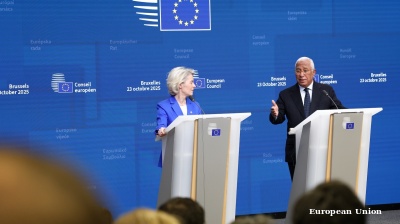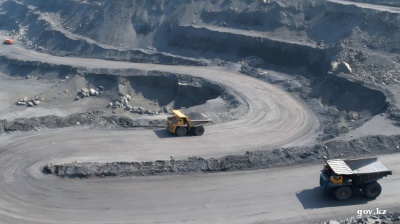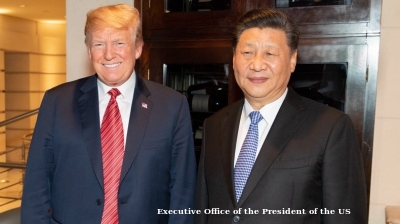Kosovo’s imposition of 100% tariffs on goods imported from Serbia and Bosnia & Herzegovina failed to benefit the country, as — despite optimistic forecasts from the authorities — there was no corresponding increase in local production, The GAP Institute for Advanced Studies, a local think tank, said on May 12.
Kosovo introduced the politically motivated tariffs on goods from Serbia and Bosnia in November 2018, after Belgrade thwarted Pristina’s bid to join Interpol. Kosovo declared independence in 2008 and is still not recognised by Serbia and Bosnia (by Bosnia as a result of the veto imposed by one of the two entities, the Bosnian Serb-dominated Serb Republic) as an independent country.
Within five months of the imposition of the taxes, imports from Serbia decreased 88% (€160mn) while imports from Bosnia fell by 83% (€24mn), GAP said in a report.
The biggest beneficiaries during this period were Slovenia, Israel and Turkey, whose exports to Kosovo increased significantly, it said.
Despite the fall in imports from Serbia and Bosnia, Kosovo's trade deficit has increased, which means that local producers have failed to benefit from the taxes.
According to the latest data, Kosovo’s trade gap widened by 9.1% y/y to €635.2mn in the first quarter of 2019.
GAP also said that the official statistics do not show any accelerated growth of the processing industry in Kosovo, either in terms of volume of production or generation of new jobs.
On the other hand, the imposition of taxes contributed to the higher growth of consumer prices of food, which is the main item of the consumer basket.
Among the reasons that may have contributed to the rise in food prices are lowered competition, increased cost of raw materials for domestic businesses as well as higher costs of transport and prices of imported products.
“In the absence of alternative products, prices have increased following the imposition of taxes. Taking this into account, keeping this tax for a longer time may have effects on increasing poverty,” the think tank concluded.
Belgrade repeatedly urged Pristina to cancel tariffs as the measure damages the Serbian economy and is against international trade rules.
However, Kosovo’s Prime Minister Ramush Haradinaj said that tariffs won't be lifted until Serbia recognises Kosovo as a country — a step Belgrade is adamant it won’t take.
News
_1761305900.jpg)
Latin America edges up growth forecasts but remains trapped in low gear, ECLAC says
Latin America and the Caribbean will expand 2.4% this year, the Economic Commission for Latin America and the Caribbean said, marking the second upward revision since April but pointing to the region's struggle to escape chronically weak growth.

Palestinian ambassador pledges Iraqi embassy in Jerusalem
Palestinian ambassador pledges to open Iraqi embassy in Jerusalem as Iraq lays foundation stone for Palestinian ambassador's residence in Baghdad's new diplomatic quarter covering 300 hectares.

EU pledges ongoing support for Ukraine, defers decision on Russian assets
European Union leaders pledged continued financial backing for Ukraine over the next two years, but delayed a decision on tapping billions of euros in frozen Russian assets to fund Kyiv’s defence

Trump Administration striving to strike critical minerals deal with Kazakhstan
Pushing for US firm to win rights to develop major tungsten deposits.




